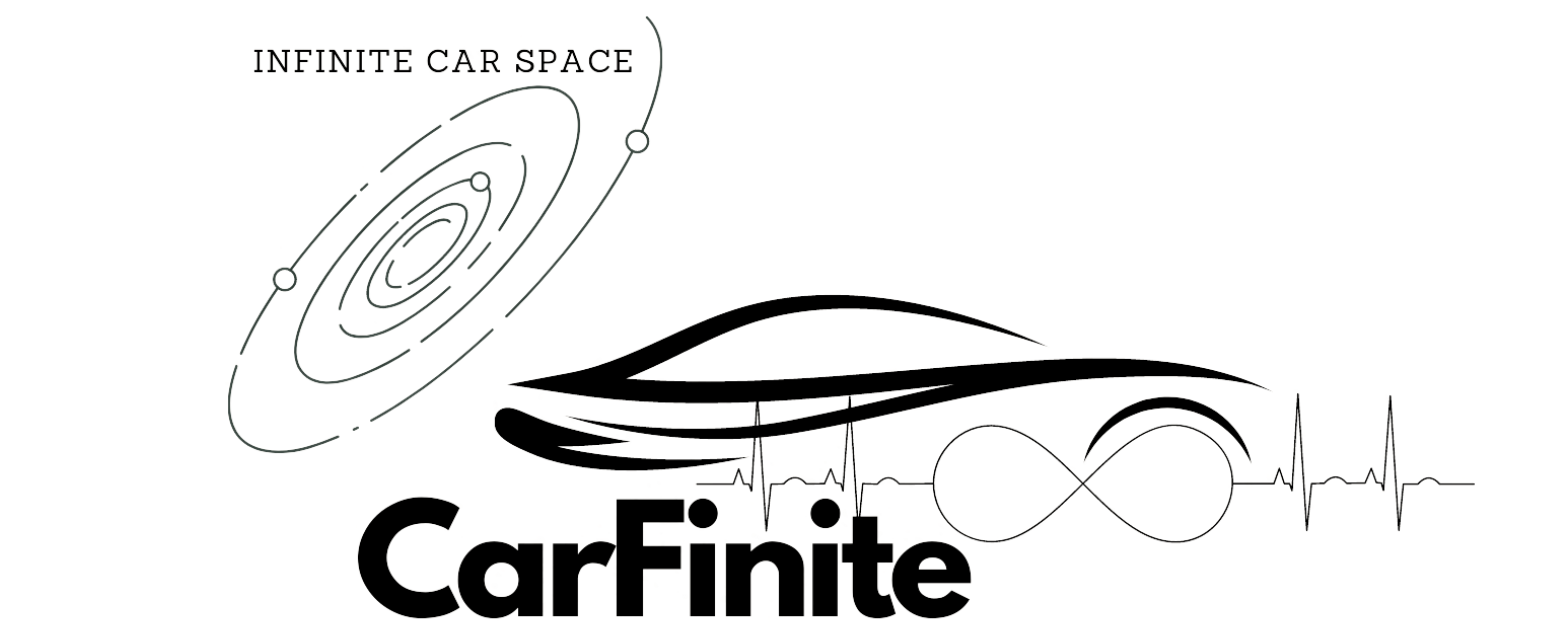The Ford Mustang is one of the most iconic muscle cars on the road, known for its powerful engines and sleek styling. However, some Mustang owners have reported issues with engine misfires that produce a burning smell from under the hood.
Problem Explanation
This problem typically occurs when one or more cylinders in the engine begin to misfire, failing to properly ignite the air-fuel mixture. The unburnt fuel gets exhausted out of the tailpipe where it can ignite on the hot catalytic converter or exhaust system components, producing a burning odor. Engine misfires reduce power output and fuel efficiency while increasing harmful emissions.
Potential causes for Mustang engine misfires range from faulty ignition system components like spark plugs, coils, and wires to issues with fuel injectors, intake leaks allowing unmetered air into the cylinders, low fuel pressure, or compression leaks from worn piston rings or cylinders.
Diagnostic Procedures
Accurately diagnosing the root cause of engine misfires requires methodical testing using specialty automotive tools. Key steps include:
Tools Needed: Diagnostic scan tool, voltmeter, fuel pressure gauge, compression tester, vacuum gauge
- Connect scan tool and check for diagnostic trouble codes pointing to particular cylinders misfiring
- Inspect ignition components (spark plugs, wires, coils) for damage; conduct spark testing
- Check fuel injector wiring, connector condition, resistance
- Conduct fuel pressure test to check for adequate pressure; inspect fuel filters
- Conduct compression test on all cylinders to check for leaks indicating worn rings/cylinders
- Check for vacuum leaks allowing unmetered air into engine using fuel trims data
Thorough testing by cylinders can isolate failing components leading to misfires. Replacing damaged parts restores proper ignition and fueling.
Repair Solutions
Repairing misfiring Mustang engines requires replacing the damaged underlying components causing the misfires. Key solutions include:
- Replacing cracked, fouled, or damaged spark plugs and wires
- Replacing faulty ignition coil packs
- Inspecting wiring and connectors from computer to fuel injectors; replacing faulty injectors
- Conducting intake system inspections to check for leaks; resealing intake
- Checking fuel pressure regulator/filter for failure; replacing as needed
- Replacing gaskets/o-rings throughout intake and exhaust system to fix vacuum leaks
- For low compression issues caused by worn piston rings or cylinders, engine overhaul or replacement is necessary
Properly diagnosing and repairing misfiring cylinder issues can restore engine performance and prevent further damage from occurring.
Ford Mustang Model Years Potentially Impacted
Ford Mustang models powered by 4.6L, 5.0L and 5.2L V8 engines from model years 1996 through 2014 seem most susceptible to developing engine misfire issues leading to burning smells from under the hood based on owner reports.
However, other Mustang engines also have the potential for this problem over time.
Vehicle Components Potentially Affected
Key components prone to failure that can produce engine misfires in Ford Mustangs include:
- Spark plugs and ignition coils
- Fuel injectors and fuel delivery system
- Engine wiring harnesses and connectors
- Intake manifold gaskets and vacuum system hoses
- Cylinder heads, piston rings, engine block integrity
Cost of Repairing
The cost to diagnose and repair Mustang engine misfires varies widely based on the underlying cause and parts needing replacement. Minor repairs for spark plugs and wires may cost $200-400, while extensive repairs involving fuel injectors, intake gaskets, or pistons/cylinders may cost $2000 or more. Labor times also impact the total cost of repairs. Preventative maintenance is key to minimizing major engine repairs down the road.

John Smith, a Los Angeles-based car specialist and automotive writer, boasts over 20 years in the industry. With a background as a master technician and a decade-long writing stint at notable automotive publications, John now shares his expansive knowledge on CarFinite, simplifying car maintenance for readers.

